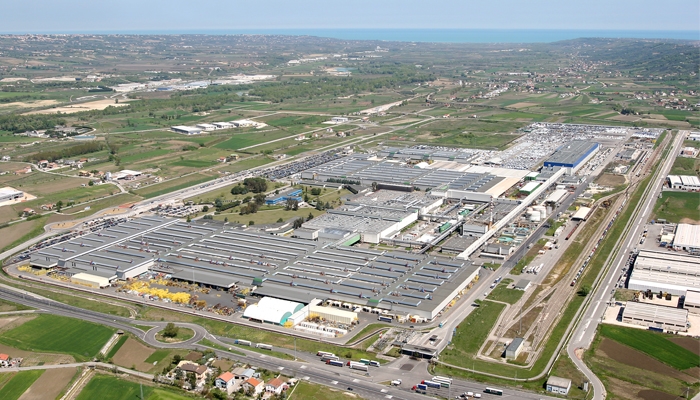Now Reading: Nissan to stop producing cars in Indonesia as it reorganizes production
-
01
Nissan to stop producing cars in Indonesia as it reorganizes production
Nissan to stop producing cars in Indonesia as it reorganizes production

Nissan Motor stated on Wednesday it would stop producing automobiles in Indonesia, consolidating its worldwide production in the face of declining sales which have pummeled its profitability.
The decision to stop production at the West Java plant, which made its struggling Datsun compact cars, was part of a strategy for “rightsizing, production optimization and reorganizing of business operations,” Nissan said.
Nissan has warned that production cuts, which would lead to plant closures, would be required to accelerate cost-cutting and rebuild profits. The 86-year-old Japanese giant published its first quarterly net loss in almost a decade last month and cut its annual profit forecast.
Years of heavy discounting on its vehicles to increase market share tarnished the brand’s image and sent sales into a freefall, and pressure is increasing on Nissan and its new CEO Makoto Uchida to deliver a sustainable recovery plan in May.
The automaker is having a hard time since the arrest and elimination of long-time leader Carlos Ghosn in 2018, and is attempting to rebuild its partnership with France’s Renault.
The automaker suggested it could leverage partner Mitsubishi Motor’s plants to maintain a automaking presence in Indonesia, but the move to end its own production opens the door for competitors such as Toyota Motor and Honda Motor to build on their dominance in the nation.
Market leader Toyota runs two plants in Indonesia, producing Toyota branded vehicles and Daihatsu compact cars which together have a market share of over 40% of the country’s auto sales. Honda produces cars and motorcycles as well in the country.
Nissan’s exit could also benefit Hyundai, which announced last year that it would build a new factory in Indonesia, its first car plant in Southeast Asia as the South Korean automaker prepares to take on its Japanese competitors in the region.
Stay Informed With the Latest & Most Important News
Previous Post
Next Post
-
 01Polestar Boss Says It’s Time To Outrun BMW M And Mercedes-AMG
01Polestar Boss Says It’s Time To Outrun BMW M And Mercedes-AMG -
 02Spy Shots: 2027 Mitsubishi Pajero Spotted in Testing Ahead of Possible U.S. Return
02Spy Shots: 2027 Mitsubishi Pajero Spotted in Testing Ahead of Possible U.S. Return -
 032026 Toyota Hilux EV: A Powerful Truck with Silent Torque
032026 Toyota Hilux EV: A Powerful Truck with Silent Torque -
 04Spy Photos: VW ID. Polo GTI Goes Electric with 223 HP and 280 Miles of Range
04Spy Photos: VW ID. Polo GTI Goes Electric with 223 HP and 280 Miles of Range -
![2027 Mercedes-Benz S-Class Debuts with V8 Engine [Photo Gallery]](https://speedlux.com/wp-content/uploads/2026/01/2027-Mercedes-Benz-S-Class-33-155x125.jpg) 052027 Mercedes-Benz S-Class Debuts with V8 Engine [Photo Gallery]
052027 Mercedes-Benz S-Class Debuts with V8 Engine [Photo Gallery] -
 06The Controversial Ford Voodoo V8 That Was Killed Off Too Early
06The Controversial Ford Voodoo V8 That Was Killed Off Too Early -
 07Hyundai Palisade’s Breakout Year Shows How Quickly the Market Can Turn
07Hyundai Palisade’s Breakout Year Shows How Quickly the Market Can Turn


![2027 Mercedes-Benz S-Class Debuts with V8 Engine [Photo Gallery]](https://speedlux.com/wp-content/uploads/2026/01/2027-Mercedes-Benz-S-Class-33-700x394.jpg)









































